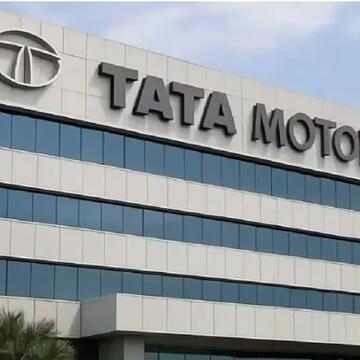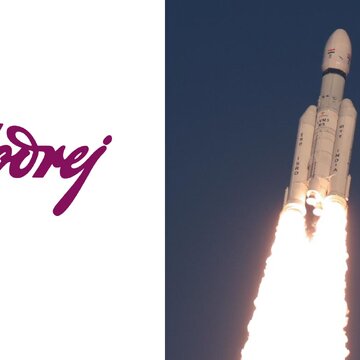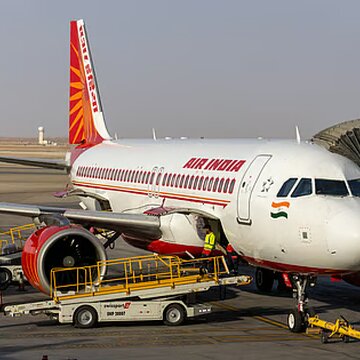There has been a noticeable increase in this sector since GST on insurance was lifted, recently informed Deepak Sood, a member of the Insurance Regulatory and Development Authority of India (IRDAI).
He indicated today that the industry has received a positive response after the decision to make the GST rate on insurance zero came into effect on September 22.
Speaking at an event organised by ASSOCHAM in Delhi, Deepak said that the government has given insurance the importance of bringing it into the list of essential commodities. Now it is the responsibility of insurance companies to utilise this opportunity to increase further coverage.
Also Read | Why Tata Motors shares fell even after a 2,110% profit surge
He informed that it must be ensured that the full benefit of GST reduction reaches every customer. The trend in insurance purchases seen in October indicates what the situation in this sector is going to be in the coming days. Significant growth and interest are being seen in both life insurance and health insurance.
Generally, demand for insurance increases in the last six months of any financial year. Therefore, he expects even better results in the coming months.
While calculating how much the insurance sector has expanded, Deepak believes that making comparative assessments of premium collection only in terms of GDP creates confusion.
Although India's insurance customer base is currently half of the world's average, he believes that how many people have come under the coverage of life insurance and health insurance should be considered as the real indicator.
Also Read | Godrej delivers India’s first 'Human-Rated' L110 Vikas Engine to ISRO for Gaganyaan
With India's GDP growing rapidly, India will become the world's third-largest economy by 2030. Compared to that, the insurance premium slab is still relatively low, and everyone must accept this reality, Deepak informed.
Referring to the recent isolated natural disasters, Sood said that the time has come to create separate insurance schemes to handle the risks of all these incidents. Even if many incidents don't seem that big, it must be kept in mind that for those who are directly affected by these, it is a major disaster.
Sood warned that the rapid expansion of the digital economy and systems like quantum computing will increase cybersecurity risks in the future. He believes it is necessary to focus on bringing cyber insurance schemes and increasing customer awareness for this.
Also Read | India signs historic LPG import deal with US, announces Union Minister
He has advocated for maximum use of technology to provide insurance schemes to customers at low cost and to prevent mis-selling.
Giving special emphasis on state-based insurance schemes and vehicle insurance, he informed that 55% of vehicles running on the country's roads do not have insurance. As a result, the burden of about 4 lakh accidents every year ultimately has to be borne by the state treasury.










